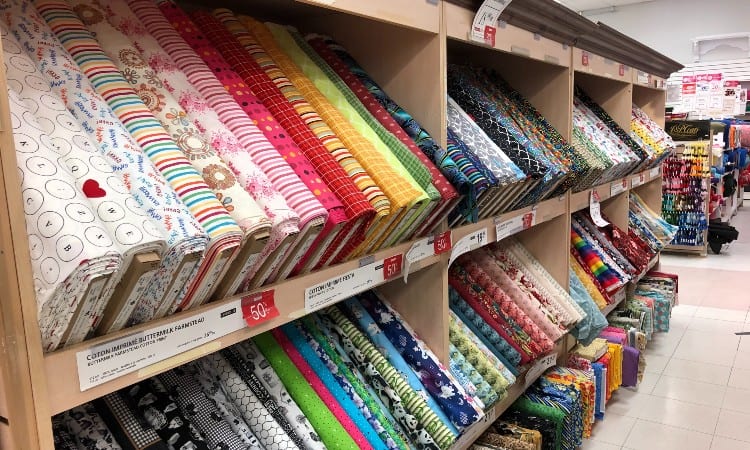How to Start a Baby Wholesale Business in Nigeria
How to Start a Baby Wholesale Business in Nigeria
If you’re thinking about starting a business, but don’t know what it should be, the time is now. Nigeria is in need of more entrepreneurs who can turn their dreams into realities. Getting started isn’t always easy for someone who doesn’t know much about the industry they want to enter, but there are ways to get ahead of the game. If you want to start a baby wholesale business in Nigeria, this article will help you find out what you need to know.
How to Start a Baby Wholesale Business in Nigeria
A baby wholesale business is the perfect opportunity for someone who wants to start a business in Nigeria. It’s an affordable way to enter the market and doesn’t require much capital, so it’ll be easy for you to jump in and get started.
Whether you want to start out selling babies online or selling them from a brick-and-mortar location, this article will help you get started. To learn more about what it takes to start a baby wholesale business, check out these helpful tips.
Why Do You Want to Start a Baby Wholesale Business in Nigeria?
In Nigeria, baby wholesale business is one of the most lucrative industries that are growing at a fast pace. If you want to be ahead of the game, there are many reasons why you should start a baby wholesale business in Nigeria.
Some of the main reasons for wanting to start a baby wholesale business in Nigeria include:
-Nigerian consumers are constantly on the lookout for new and exciting products
-Nigerian parents want to provide their children with unique and quality products
-Baby wholesale businesses make money from both regular and bulk sales
-Baby wholesale businesses provide jobs for people looking for work
What is the Nigerian Market Like?
Nigeria is a huge market, with a population of more than 170 million. This makes it the most populous African country in the world and one of the top 10 largest countries in the world.
Although the Nigerian economy has been growing steadily, it still has a long way to go before it reaches its full potential. In fact, Nigeria’s gross domestic product (GDP) per capita was just $1,852 in 2016, according to World Bank data. This means that more than half of Nigerians don’t even have access to a stable income.
The infant industry sector is very important to the Nigerian economy because babies are dependent on their parents for care and support for years. Baby products and services make up about 34 percent of all retail sales in Nigeria and provide employment for about 20 percent of its workforce.
In order for your business to be successful, you will need to know what type of products or services people purchase from this sector as well as how much they’re willing to spend on them. It will also be helpful if you understand what types of companies exist in this industry that can help you get started or grow your business further down the line.
Understanding the Laws of Starting a Business in Nigeria
Before you start a business, it’s important that you understand the laws of starting a business in Nigeria. While every country has their own set of rules and regulations, Nigeria leans more towards regulation than other countries.
The reason for this is because there are so many people who want to start businesses but don’t know what they want to do. It is estimated that less than five percent of people who start businesses in Nigeria make it big. This means that there is a large number of entrepreneurs who aren’t able to make it work for themselves here.
Nigeria’s government takes this into account and makes sure that everyone understands what needs to be done to open up shop and make money in order for the economy to grow. They have created laws with specific guidelines on how you can start your business, which include:
– Registration fee
– Taxation
– Duties on imported goods
– Third party approval
– Other legalities
Conclusion
To make your business a success, you need to be able to identify what the industry is looking for and then bring those skills to the table.
Whether you’re passionate about fashion, real estate, or marketing, there’s an opportunity for you out there. But in order to get started, there are many things that have to happen before it can truly become a reality. For example, it’s important that you realize what your business idea is worth and how much effort will be required of you.








LEAVE A COMMENT
You must be logged in to post a comment.